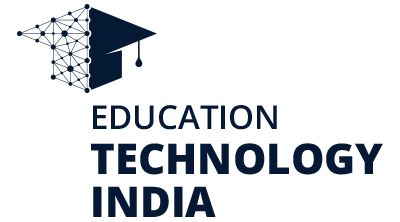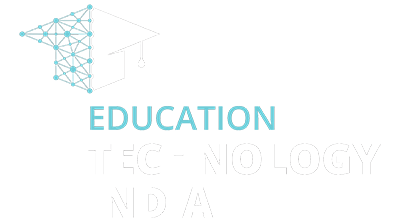
India is going to be the global center of edtech, based on study conducted by India Brand Equity.
The industry has grown significantly in the last ten years, especially before and during the COVID-19 pandemic. Startups in this industry raised over US$ 1.32 billion in funding between 2014 and 2020.
For the EdTech industry, the pandemic’s start proved to be a turning point. The industry garnered an astonishing US$1.88 billion in investments in 2020 alone, thanks to the growth in internet demand. This amount broke the industry record for annual investment as well as the overall amount invested over the previous five years. However, things haven’t been entirely sunny.
The industry has experienced a fall since 2022 as a result of fierce rivalry and market saturation. Businesses are starting to encounter challenges that call for preventative action. The following are a few of the industry’s major obstacles:
Improving the Worker Experience
Although businesses such as Byju’s, Udemy, and UnAcademy have established themselves successfully in the EdTech space, there is still much room for improvement in terms of employee experience. It has become increasingly important for organizations to listen to their employees in light of the rising prevalence of burnout, mental health problems, disengagement, and other problems. Real-time disengagement can result from a lack of input and decreased engagement.
The need for greater empathy in HR policies and procedures has also contributed to an increase in employee unhappiness in organizations.
Retaining talent
The absence of employee-friendly automated processes has created a retention difficulty for the EdTech sector in recent years. While some businesses appear to have found a solution by automating their workflow, for many, the process has to be rearranged with greater attention to detail, time management, and the right tools.
The employees’ learning experiences have been impacted by the lack of automation, which has decreased their desire to remain with a single company and instead search for better alternatives.
According to a survey on digital maturity, 77% of organizations report that it is difficult to retain talented people. However, 33% of businesses that rely entirely on workflow automation and have gone fully digital claim that keeping staff is not at all difficult.
The inability to hire quickly
The Edtech industry has been experiencing a funding shortage since 2022. With around 4,500 ed-tech businesses in India, there is fierce competition and overcrowding in the talent market. Maintaining the talent pipeline has become more difficult as a result of recruiters having to locate candidates with the necessary skills to propel the company forward in an ever-evolving landscape.
The recruitment agility that is currently required of many firms in order to become resilient and future-ready has been impacted by these factors taken together.
Strategic approaches to strengthen the Edtech industry in India
As the EdTech industry in India grapples with manpower shortages, the following success roadmap explains which efforts are most suitable for your company:
Using technology
Adopting state-of-the-art HR tech can improve employee experience, increase efficiency, and streamline HR processes. Examples of these technologies include self-service portals, learning management systems, and application tracking systems. Comprehensive HR solutions can be employed by organizations to foster an atmosphere that encourages innovation and success among their workforce.
Building a talent pipeline
Maintaining a consistent flow of highly qualified workers requires the implementation of strong talent acquisition methods, such as campus recruitment drives, apprenticeship programs, and partnerships with educational institutions. A well-organized talent pipeline guarantees continuity and adaptability in the EdTech industry, which is characterized by rapid expansion and constant change. EdTech companies may optimize their hiring procedures, from posting positions to choosing applicants, by utilizing agile recruitment and applicant tracking systems. Top talent may be attracted and onboarded more quickly with the use of features like candidate screening, interview coordination, and job board integrations.
Making an investment in ongoing education
Considering how quickly technology and pedagogy are developing, as well as how dynamic the EdTech sector is, it is critical to make continual investments in training and development. Employee competence and adaptability in the constantly evolving EdTech ecosystem are ensured by providing comprehensive training programs that bridge the gap between current skill sets and growing requirements.
Encouraging employee participation
Enhancing employee satisfaction and retention requires fostering a dynamic work culture through activities like regular feedback loops, employee engagement programs, and recognition programs. Agile HR technology solutions that put the safety, well-being, and adherence to industry standards first are crucial for establishing a supportive workplace where each person has room to thrive.
Source – People Matters





